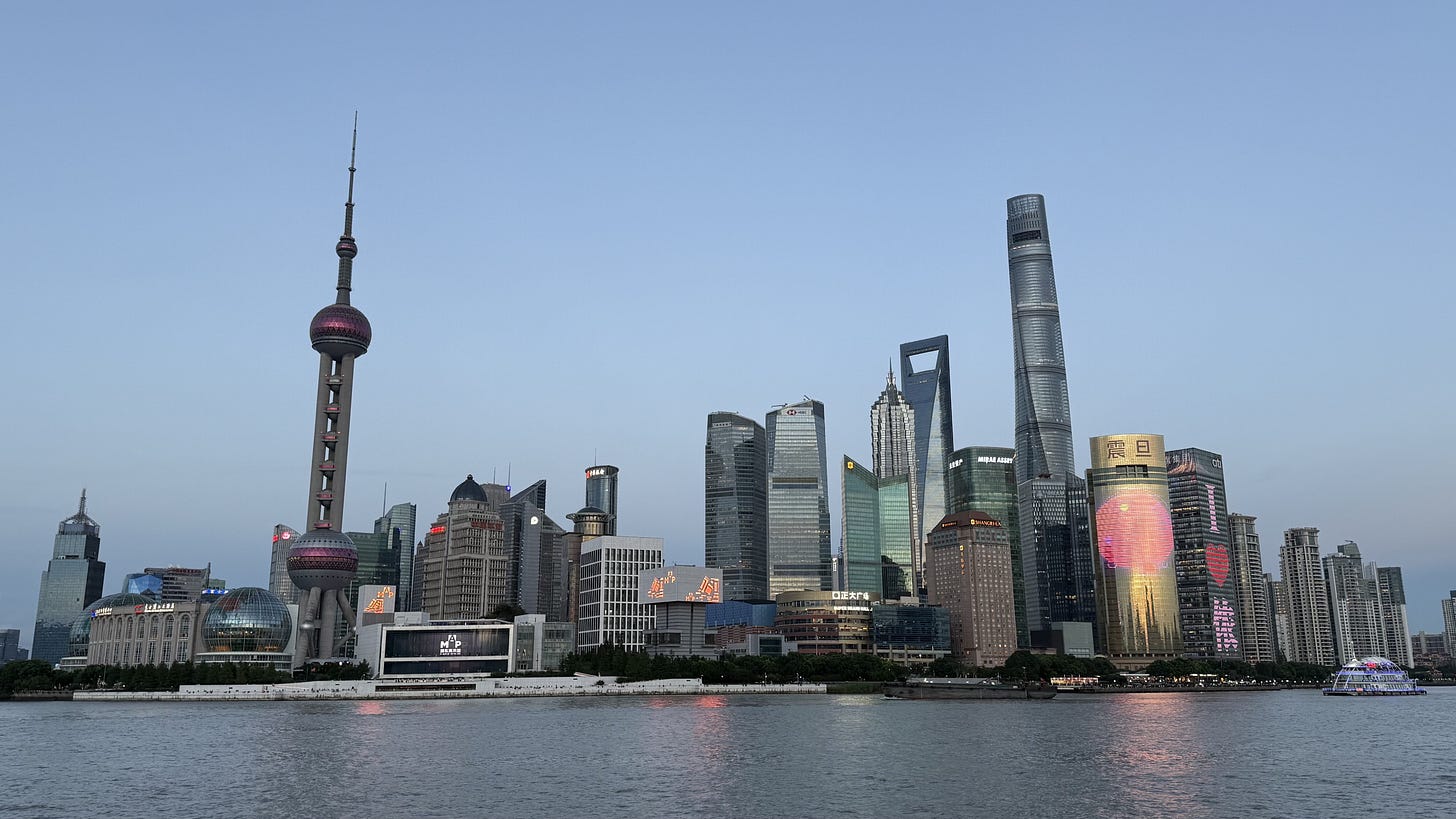Transiting through China these days, I was struck by a powerful thought.
While much of the West is debating the future—or at its worst, violently fighting about it—Asia, and especially China, seems busy building it.
It is the feeling of an engine room.
But this binary has always been too simple. China gets it wrong, too.
The relentless building is often a way of scoring political points, leading to vast, empty apartment blocks—white elephant temples of concrete. A stunning display of action, but also of monumental waste.
The West had its own dysfunction: a system of regulatory law designed to protect, which often became a sclerotic paralysis of process, where the fear of doing something wrong meant nothing got done at all.
One system with a bias for action at all costs. The other, paralysed by its own safeguards.
But now, something even more profound is happening.
The United States, the architect of the post-war rules-based order, seems to be actively wrecking it. With arbitrary, confusing changes and policy flip-flops, it is creating a global landscape of unpredictability.
And in the great irony of our times, China is stepping into the void, declaring itself the new champion of that very rules-based order. It is positioning itself as a stable, alternative centre for the world to anchor its economic focus.
In my mid-50s, I can feel the ground shifting beneath my feet.
The speed of this change, the great rebalancing of the world's political and economic spheres, is happening not in some distant future, but within my own lifetime.
The West faces a series of urgent and fundamental choices about its role and its future.
Or perhaps, the die is already cast.
And we are only just beginning to witness the consequences.
I am offering an analysis of what I am seeing.
And what I see in the West is a system under immense strain. Immigration was the solution to aging demographics, but the friction it created is now being exploited by those who benefit from stoking division.
The result is a backlash that threatens to slow, stop, and even reverse the very flow of people our economic model was built on.
We seem locked in a battle over the past, while the future is being constructed elsewhere.
I wonder if we are prepared for the consequences of this distraction. For a gentle, managed decline where the quality of life, as experienced through the cost of living and the standard of our social and health care, has to go down. Or perhaps now, something more accelerated and a more drastic fall.
Even in Asia, the demographic wave will eventually arrive. But for now, they build.
In my mid-50s, it is clear to me that we are in the midst of the most profound changes in the world's political and economic spheres since the day I was born.
And we are only just beginning.



Agree 100% Janet